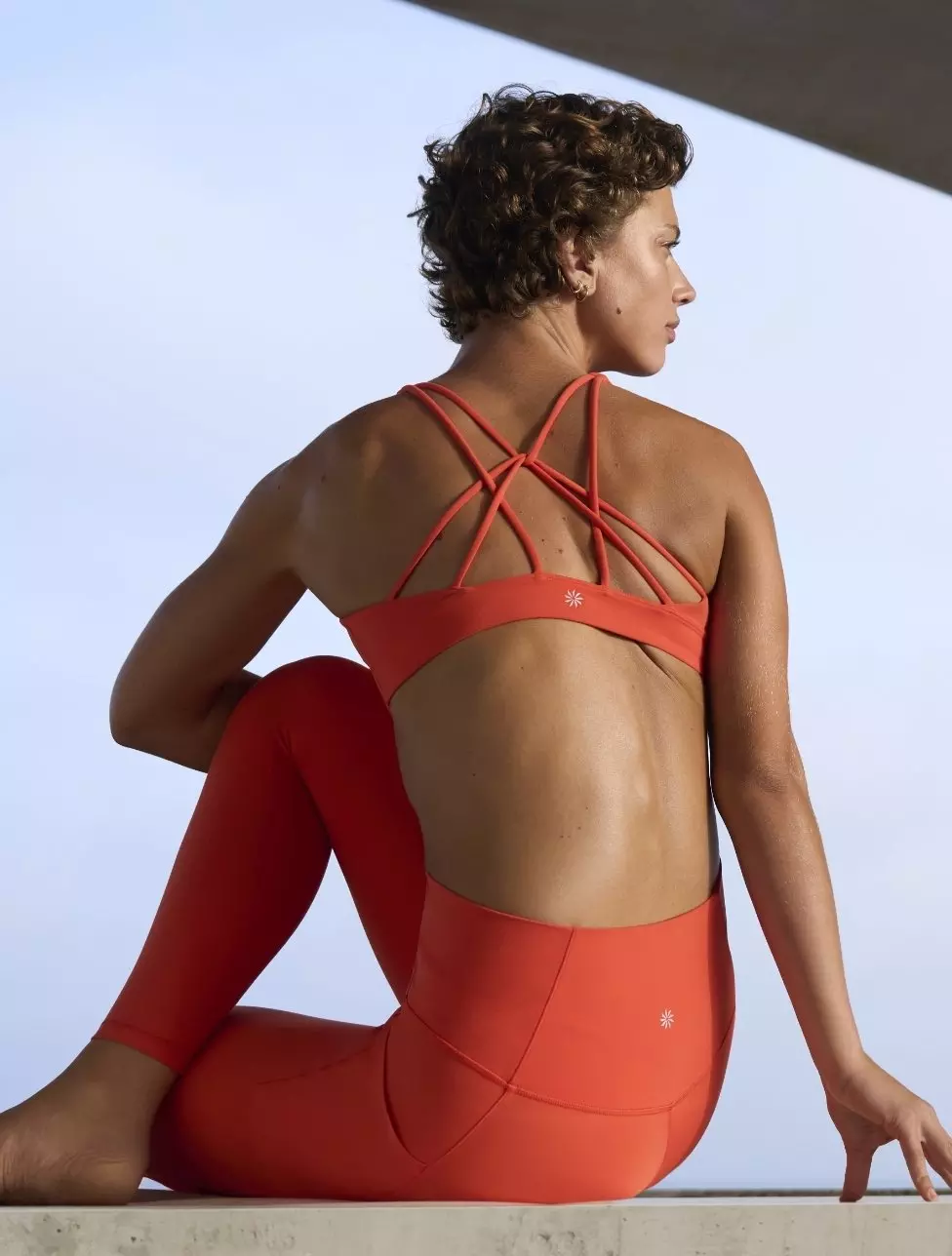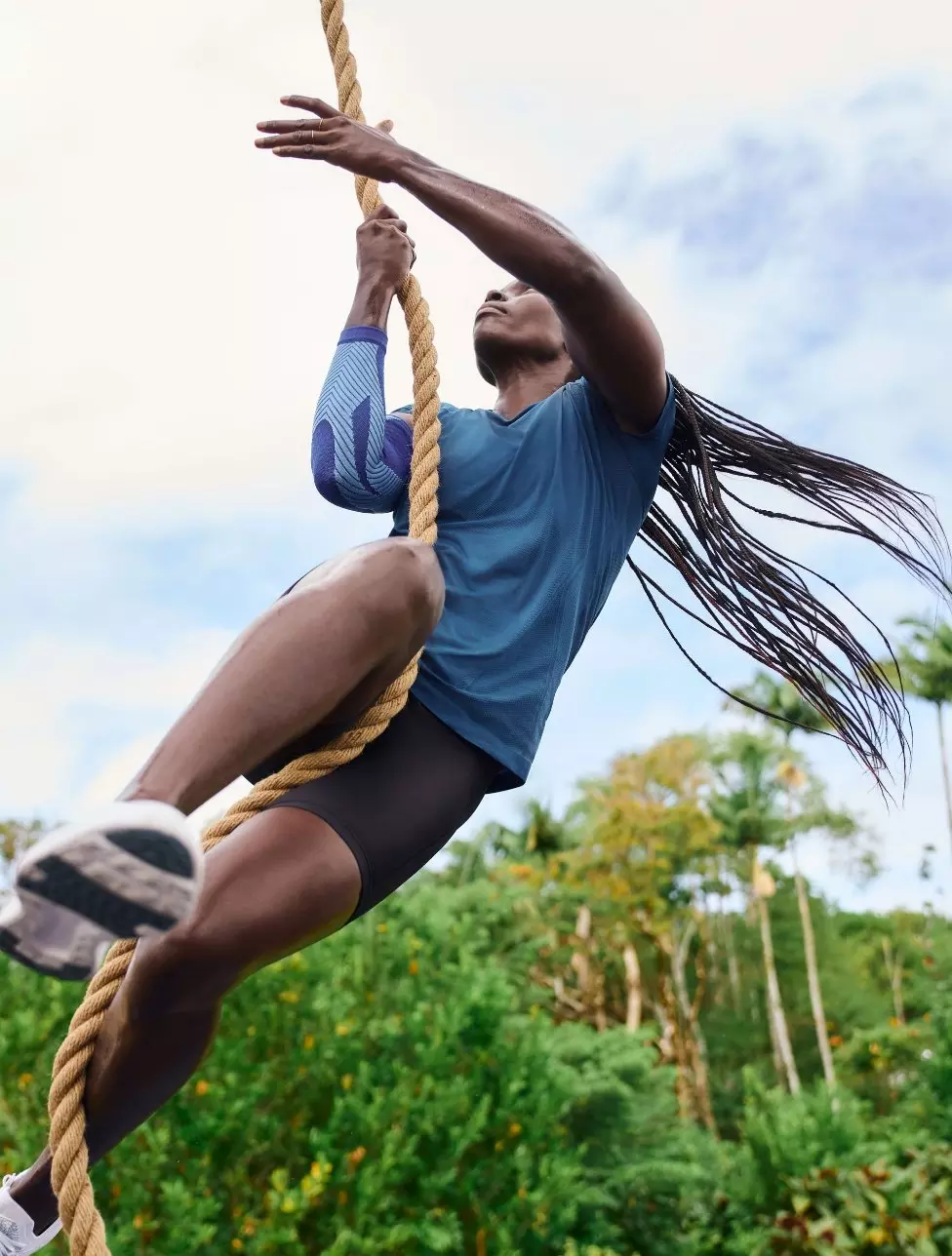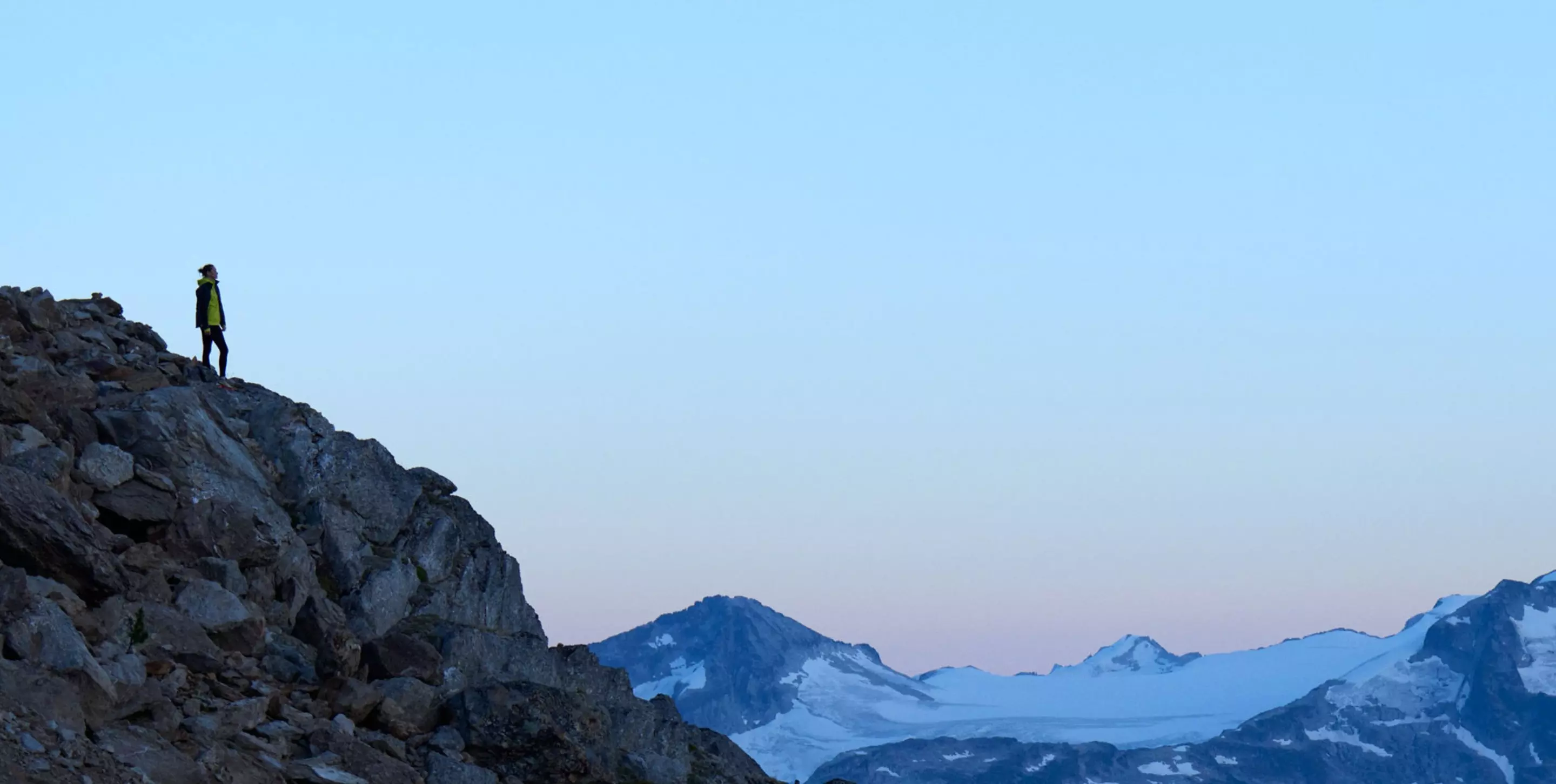
Our Promise
A Force For Good
We are more than a brand—we are a force for good. As a Certified B Corp, we’re committed to holding ourselves to higher standards of social and environmental impact.

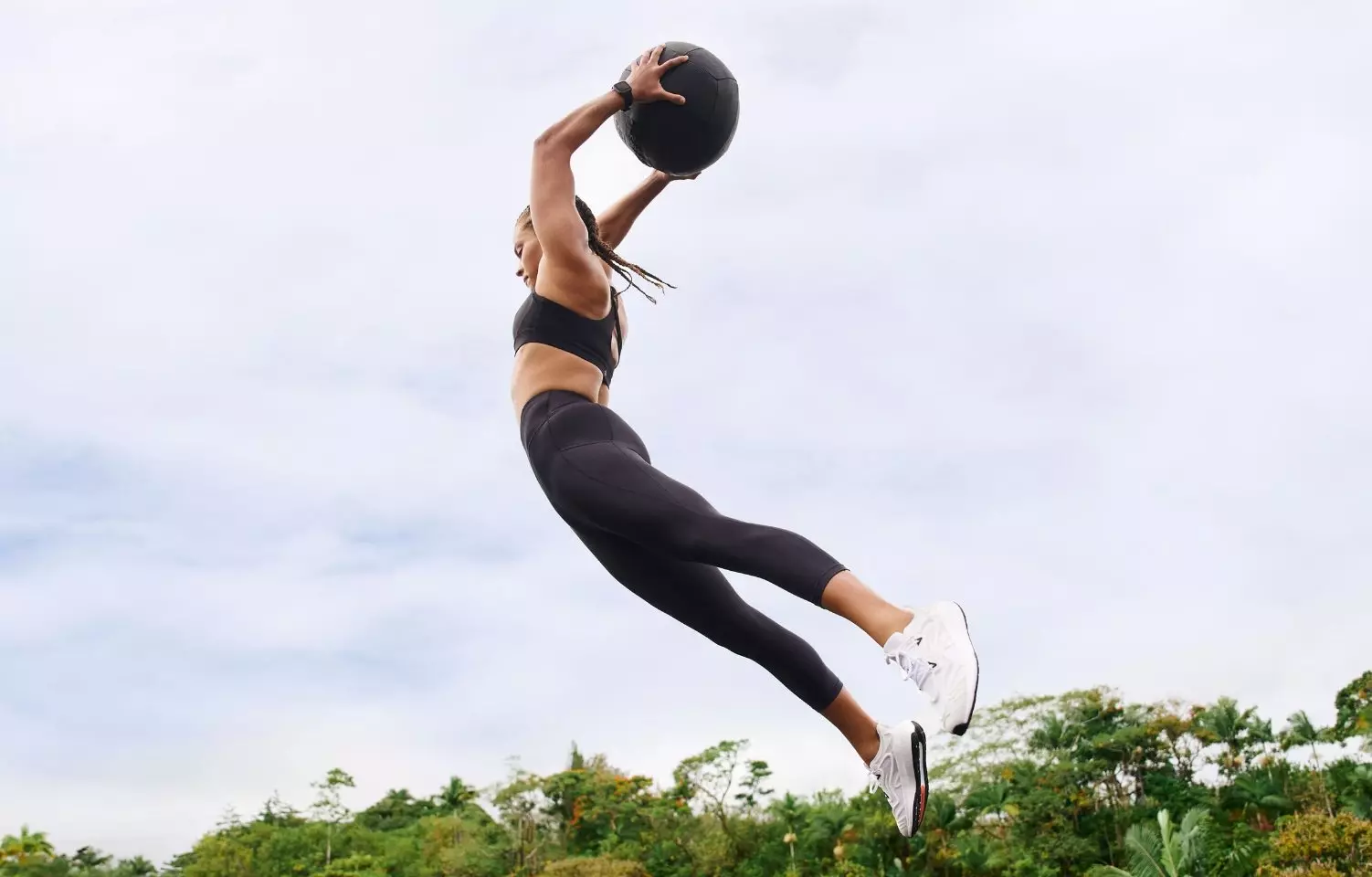
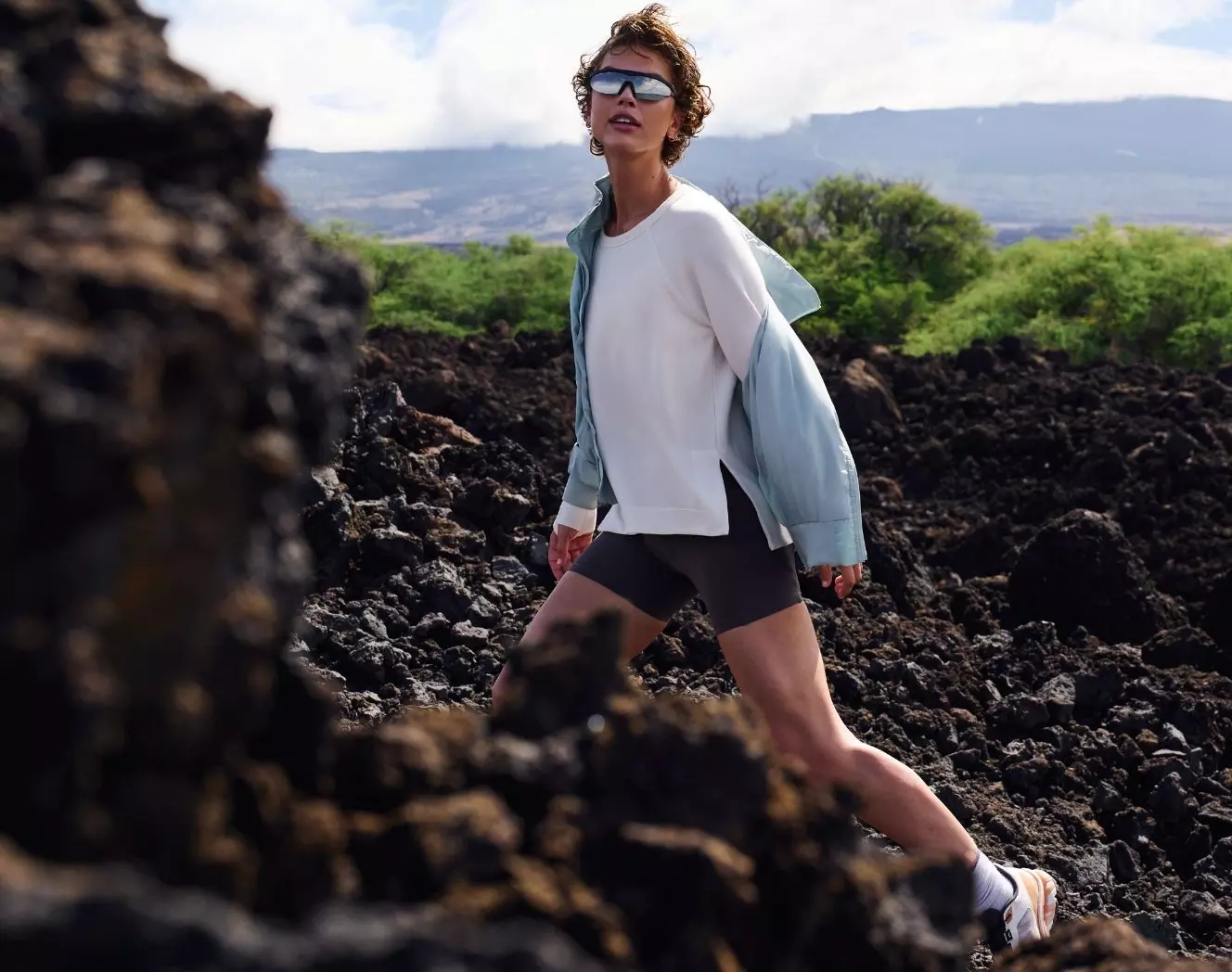
Our Milestones
A Higher Standard
We strive to do things a better way—even when it’s not the easy way.
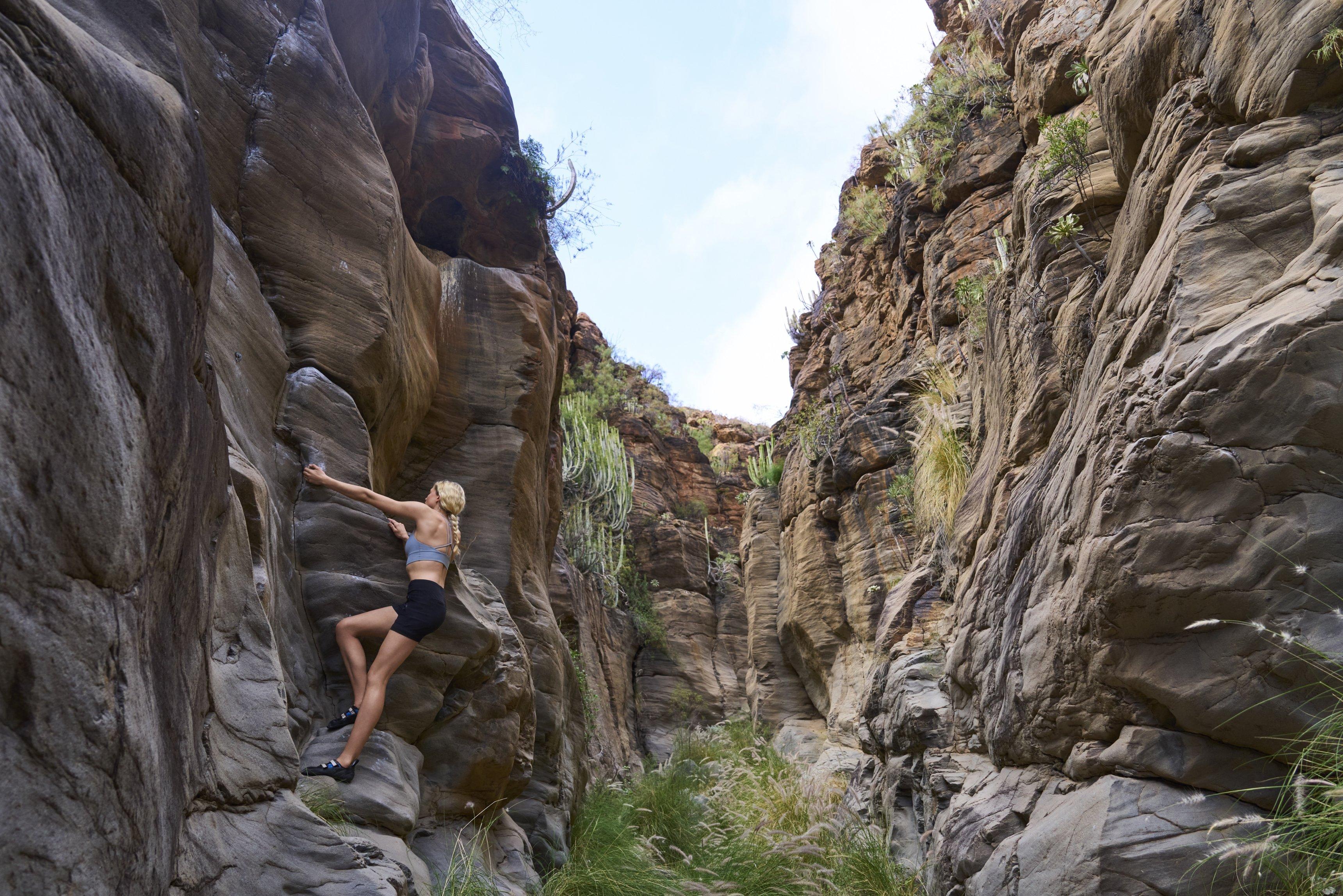
-
100%
of our store electricity in North America has been sourced from offsite renewable solar energy since 2021.
-
$3.3M
in Fair Trade Community Development Funds since 2016.
-
30K
Athleta branded items have been resold through our Athleta Preloved site hosted by ThredUp since 2020.
Our Icons
On your mark
We’re dedicated to designing more sustainable products—that means being made with at least 30% or more responsible materials or sewn in a Fair Trade Certified™ factory. Learn more about our sustainability icons below.
-
FAIR TRADE Certified factory
For every Fair Trade product sourced, Athleta pays an additional premium directly back to the people (mostly women) who made the product through the Community Development Fund.
-
RESPONSIBLE WOOL STANDARD (RWS) CERTIFIED
We are certified to the RWS by CU893801, which verifies wool animal welfare and land management requirements and tracks it from farm to final product.
-
RESPONSIBLE DOWN STANDARD (RDS) CERTIFIED
We are certified to the RDS by CU893801, which requires animal welfare practices to be in place at duck and goose farms in the down and feather supply chain.
-
MORE RESPONSIBLE MATERIALS
More responsible materials include recycled materials and insulation, organically grown cotton and lower impact materials like LENZING™ ECOVERO™ rayon, TENCEL™ lyocell and modal, and Cupro.
-
EUROPEAN FLAX™
The guarantee of traceability for premium quality Flax fibers grown in Western Europe for all end uses. A plant fiber, produced through Integrated crop management farming, without irrigation -barring exceptional circumstances- or GMOs.
-
Good Cashmere Standard
As a partner of The Good Cashmere Standard® by AbTF, we support improvements in animal welfare, environmental protection, and working conditions for goat herders and hired laborers on farms. Learn more
Our Vision
Together,
Unstoppable
A better future—for us and our planet—starts with the empowerment of all women and girls. We’re committed to supporting women through our internal operations, in our communities, and abroad in our supply chain.
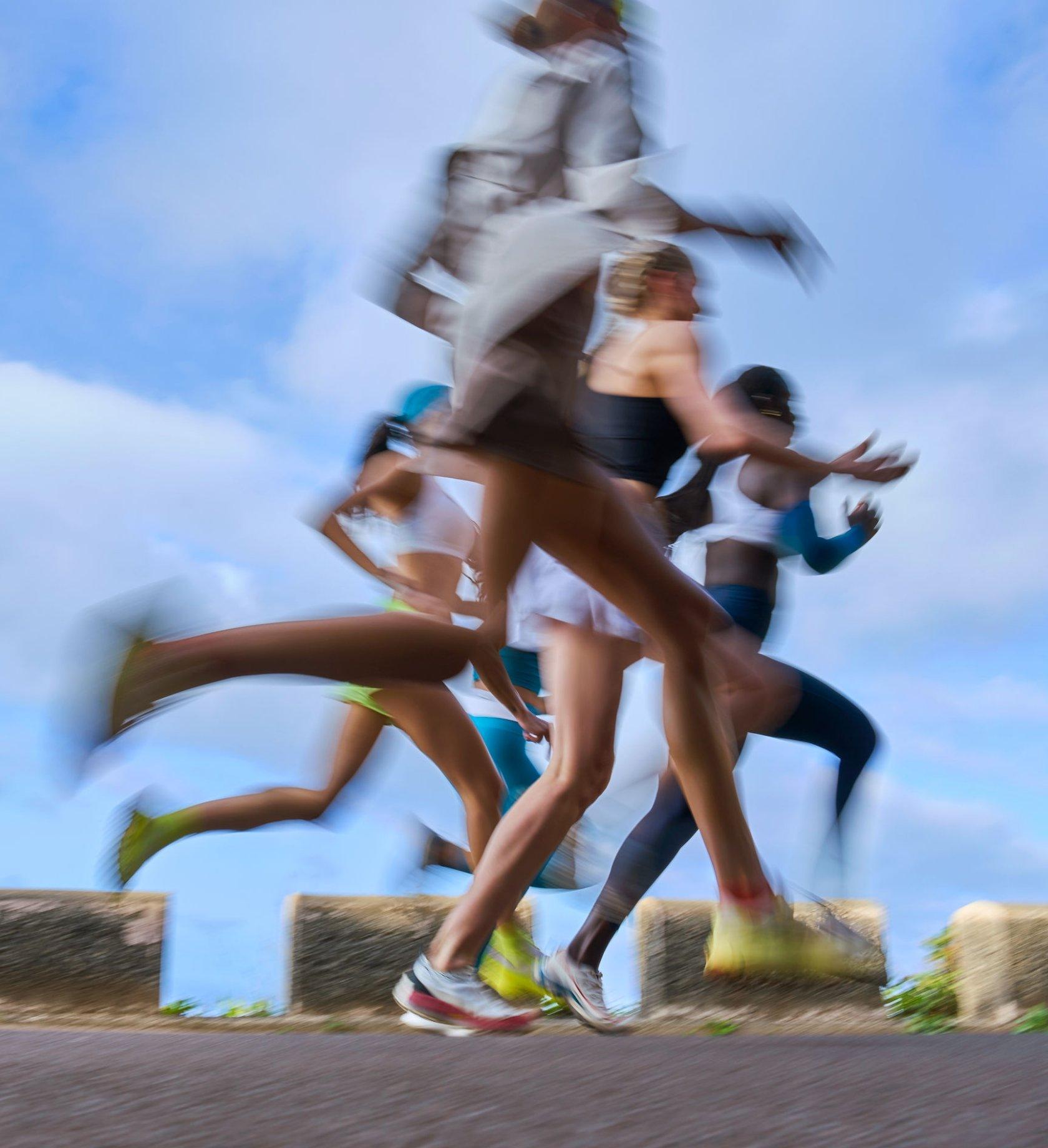
-
FAIR TRADE Certified Factories
Since 2016, we have contributed over $3.3M in Community Development Funds to our four Fair Trade Certified Factories, giving women the opportunity to improve their standard of living on their own terms.
Learn More -
REIMAGINING INDUSTRY TO SUPPORT EQUAILTY
100% of our Gap Inc. strategic factories, representing 80% of our business spend in 2021, will invest in women’s empowerment through RISE by 2025.
Learn More
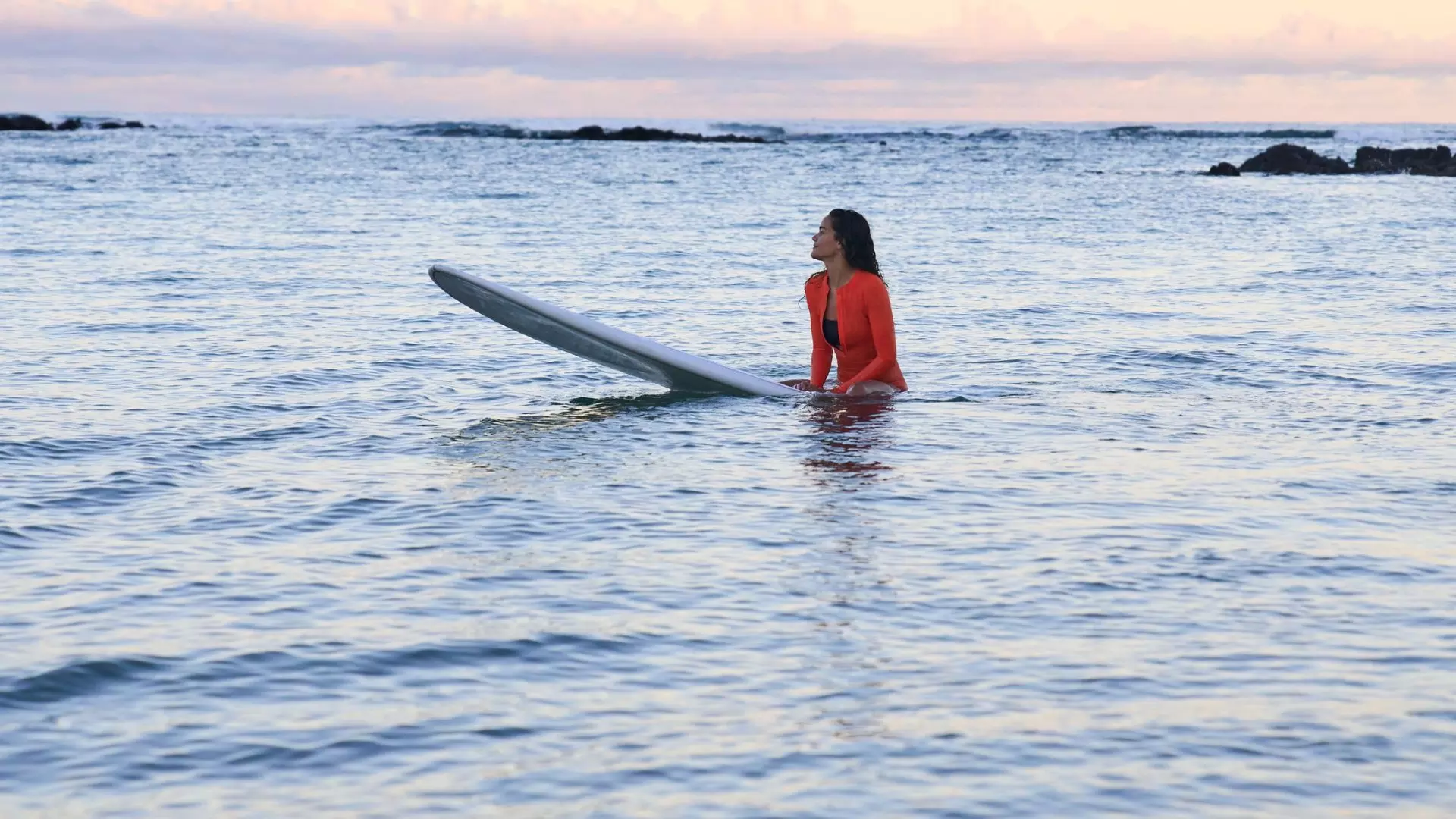
Explore More
-
WHO WE ARE
From where we’ve been to where we’re headed, discover how we’re changing the game for women and girls.
-
POWER OF SHE
When women and girls realize their own unique power—this is the Power of She.
-
JOIN US
Share our passion for empowering women and girls through movement? We’d love to meet you.

